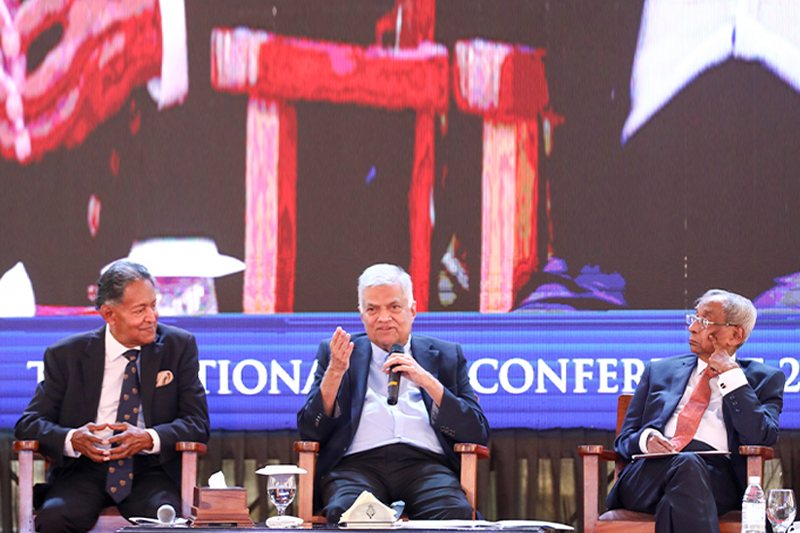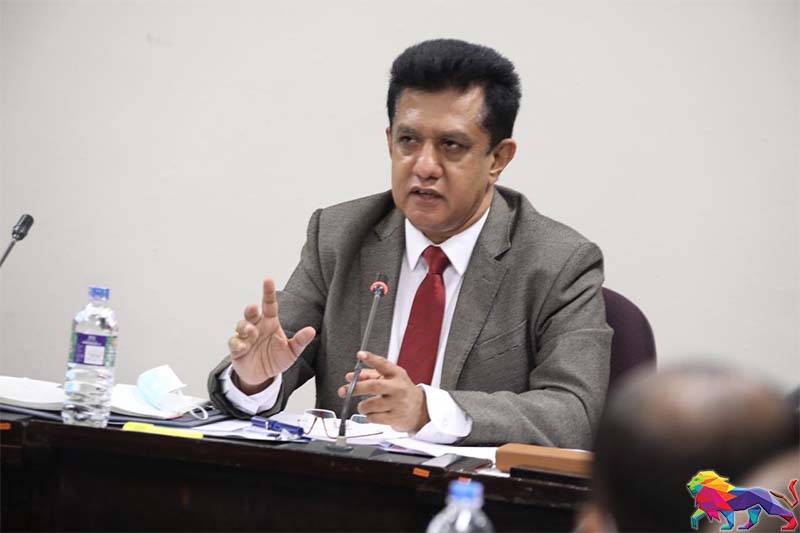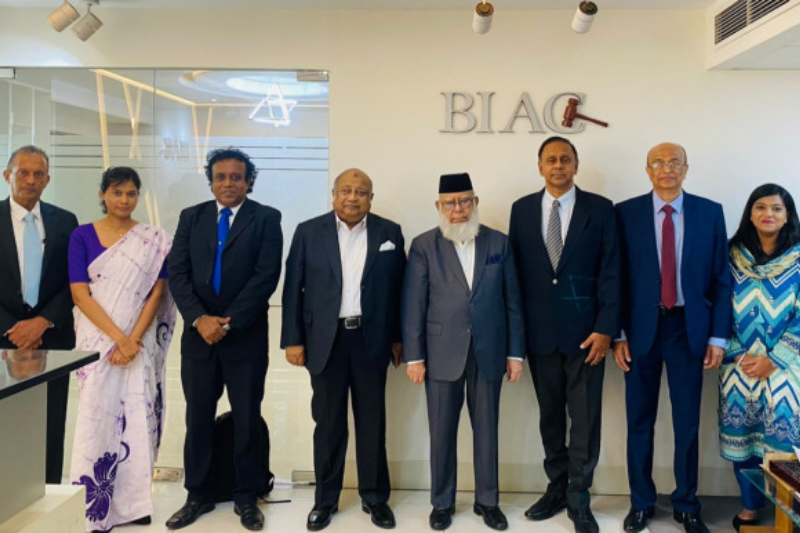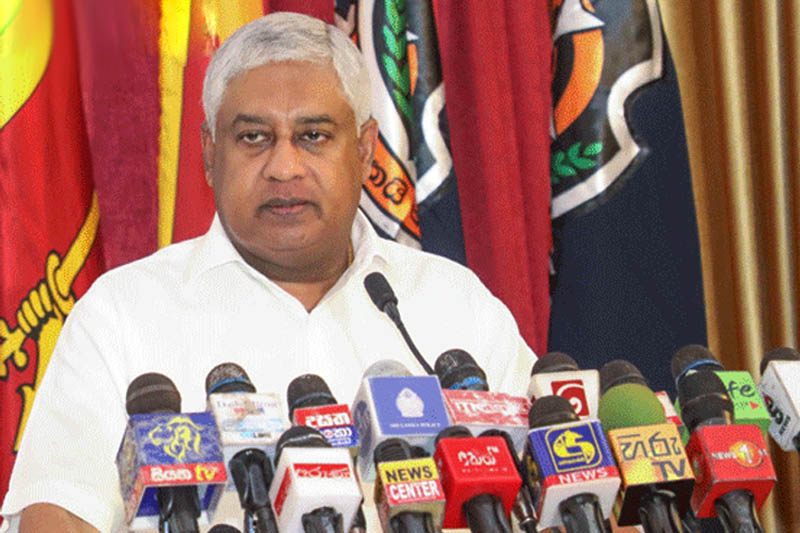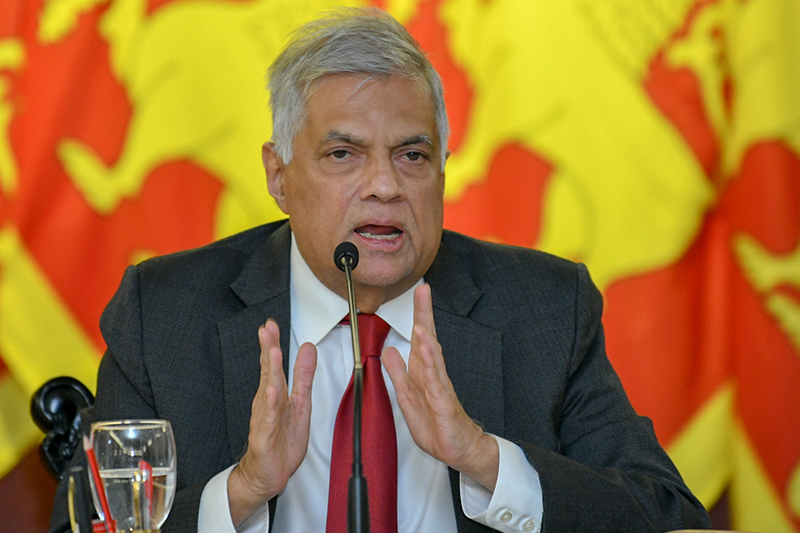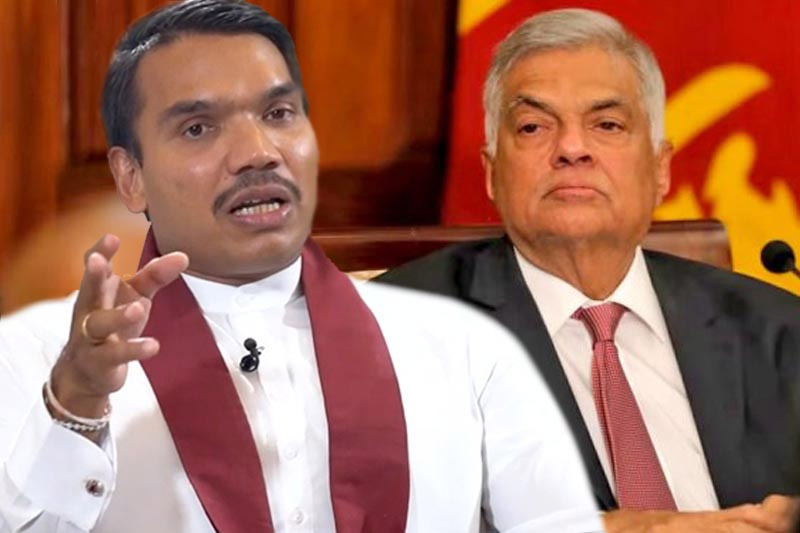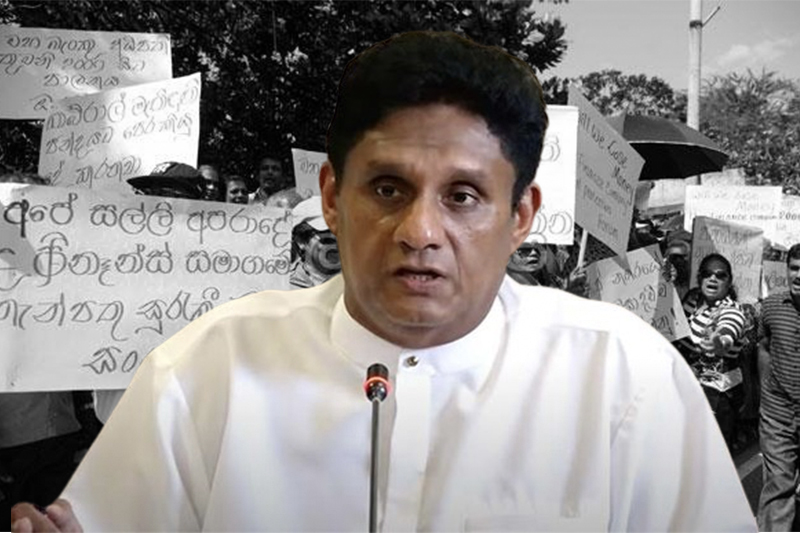Sri Lanka’s next country assessment on anti-money laundering and countering the financing of terrorism will commence soon, President Ranil Wickremesinghe said, noting that iy holds immense significance as it directly impacts the country’s ease of doing business rating and its ability to attract foreign investments.
Addressing the National Law Conference on Saturday (03), President Wickremesinghe said that Sri Lanka has been informed about the impending country assessment on anti-money laundering and countering the financing of terrorism.
This assessment holds significant weight as Sri Lanka’s compliance in these areas is crucial for enhancing the ease of doing business rating and attracting foreign investments.
"As discussions unfold, it becomes apparent that addressing the identified gaps in the anti-money laundering and counter-terrorism financing framework is of utmost importance. Failure to rectify these gaps poses a potential risk of Sri Lanka once again being labelled as a country with strategic deficiencies. Such a designation could have severe adverse effects on the country’s economic development," President Wickremesinghe observed.
Recognizing the urgency, it is imperative for Sri Lanka to prioritize bridging these gaps, President Wickremesinghe said, adding that it will also support the governance and anti-corruption framework, ensuring the successful implementation of the International Monetary Fund (IMF) program.
"During the discussions, various issues have come to light. One major concern is the bureaucratic hurdles and legal complexities faced by the citizens, resulting in frequent court visits. Participants reflect upon the past, where significant infrastructure projects were accomplished within specified timeframes, even amidst an ongoing war. However, the current administrative structure and an excess of legal professionals hinder the timely completion of projects, demanding a comprehensive review.
To tackle these challenges effectively, a recommendation is made for all stakeholders, including the bench, the bar, the government, and the parliament, to convene and compile a joint report. This collaborative effort would provide a clear roadmap for addressing the backlog and delays caused by legal proceedings. Additionally, it is emphasized that the formulation of a national policy, determined by parliament rather than the cabinet, is essential to resolve various issues and ensure broad agreement on critical subjects," he added.

